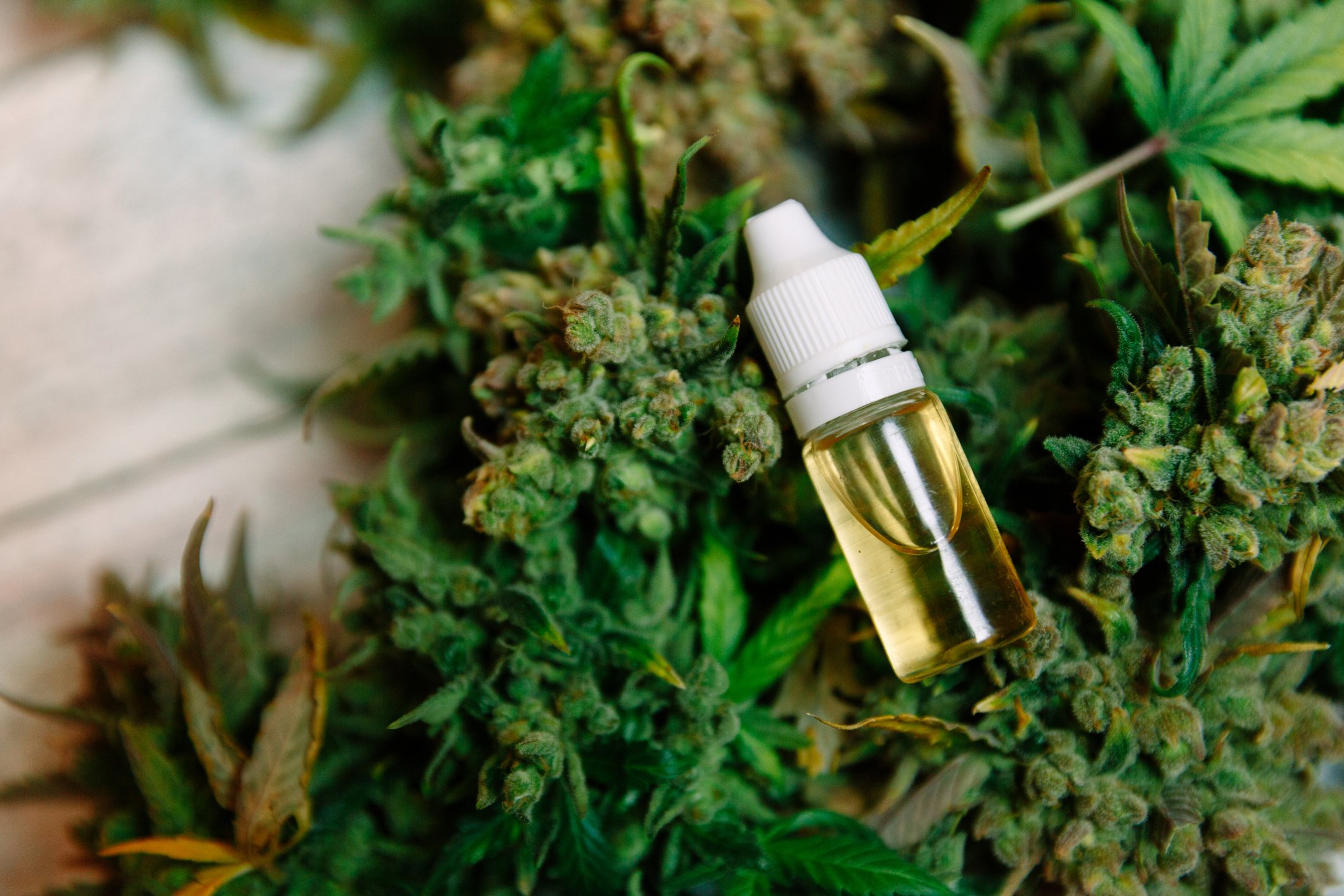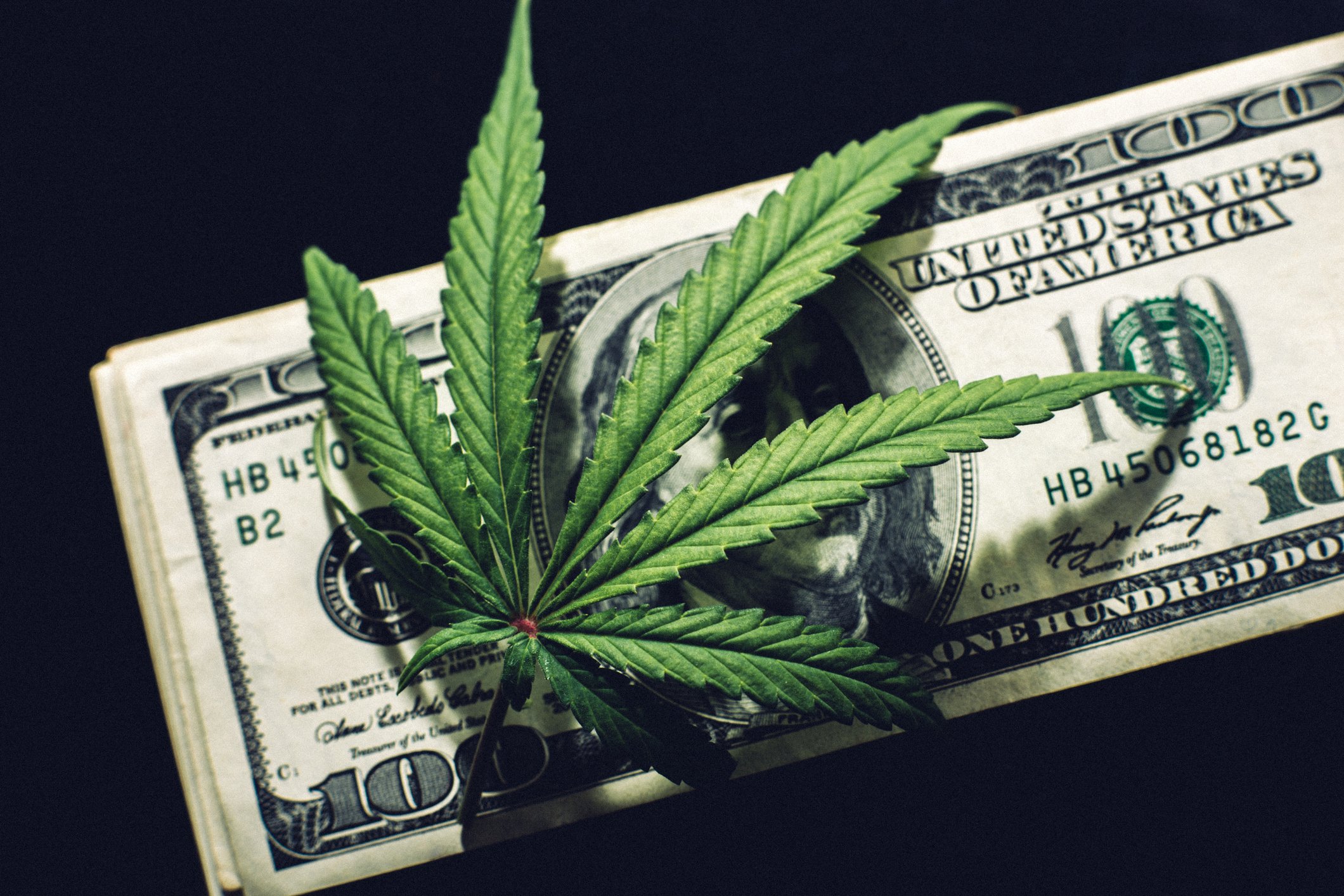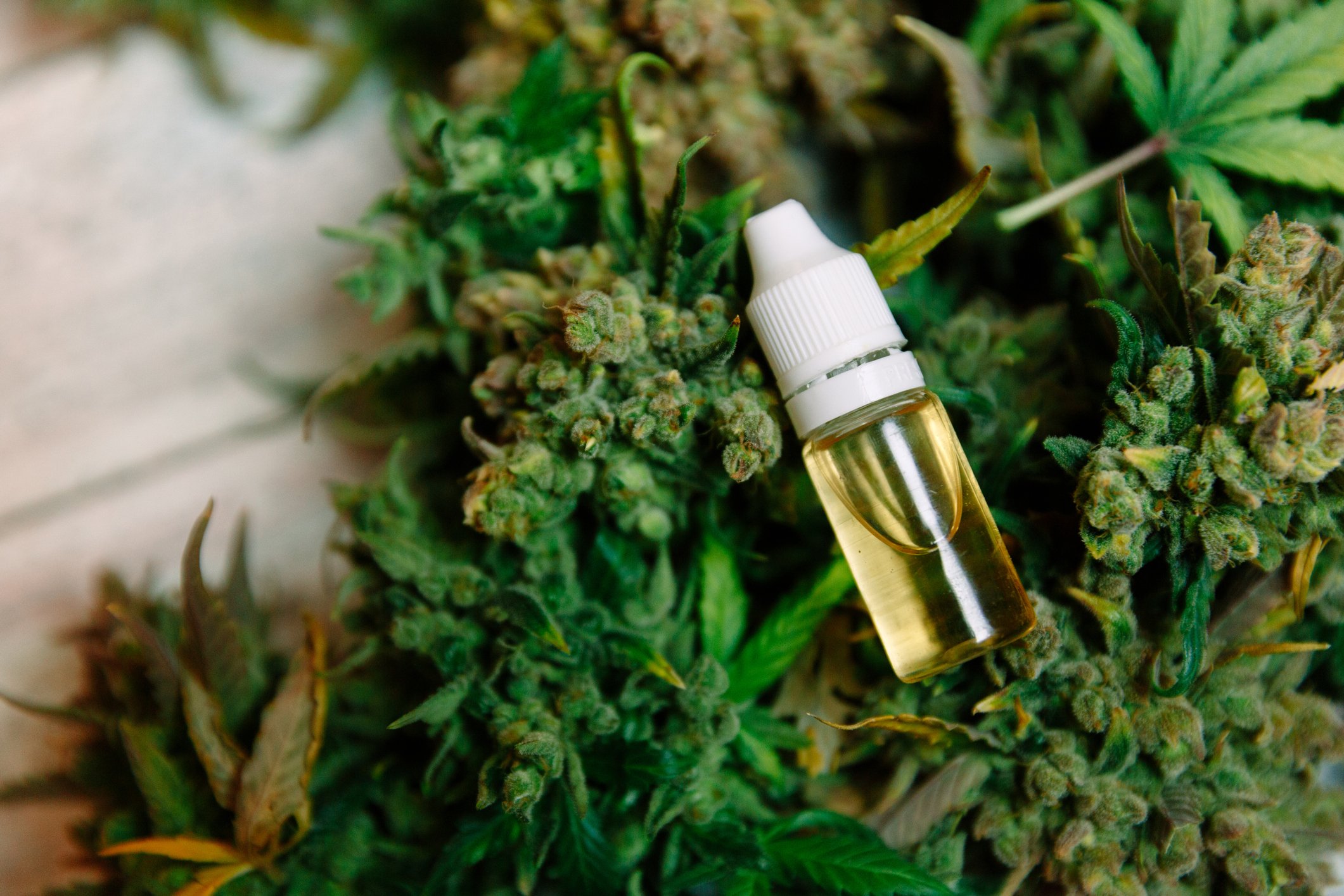To be blunt, marijuana stocks had an awful campaign in 2019. It certainly began promisingly with market-topping gains in the first quarter, but the past nine months has been deflating for cannabis stock investors, to say the least.
To our north, Canada has been plagued by supply problems, with the country's most populous province, Ontario, struggling to license new dispensaries. Meanwhile, certain U.S. states have been taxing the daylights out of consumers, thereby driving them back to illicit producers. The result has been a resilient black market throughout North America and, for the most part, ongoing losses for pot stocks.
Therefore, it should come as little surprise that profitability will be more in focus than ever for marijuana stocks in 2020. And when it comes to profitability, no pot stocks are cheaper on a forward earnings basis than the following five companies.

Image source: Getty Images.
Valens: Forward price-to-earnings ratio of 7.4
The only marijuana stock with a single-digit forward P/E ratio at the moment is Valens (OTC: VLNCF) -- Valens changed its name from Valens GroWorks to Valens Company last week.
What makes Valens such a profit machine is the company's focus on a rapidly expanding niche of the cannabis industry: extraction. Valens takes cannabis and hemp biomass and produces the resins, distillates, concentrates, and targeted cannabinoids that growers need to create high-margin derivatives, such as edibles and infused beverages. As a reminder, derivatives were launched in Canada about two weeks ago, and they should be the leading moneymaker for Canadian pot stocks in 2020.
The beauty of Valens' business model is that it tends to be highly predictable. Rather than handling a lot of one-off deals, the company tends to sign extraction deals that are two or three years in length. This leads to volume and fee-based predictability, which in turn allows Valens the ability to efficiently allocate capital to projects while remaining profitable. Already sporting 425,000 kilos of annual extraction capacity, the goal will be to boost Valens' capacity to 1 million kilos on an annual run-rate basis.

Image source: Getty Images.
Harvest Health & Recreation: Forward P/E of 11.8
Not going to lie, I was genuinely surprised to see how inexpensive multistate operator (MSO) Harvest Heath & Recreation (HRVSF +0.00%) is relative to its peers, at least based on Wall Street's 2020 consensus numbers.
On one hand, Harvest Health's sheer size should lead to some impressive sales figures. Harvest Health has primarily grown through acquisitions and is pretty much neck-and-neck with Curaleaf with regard to holding around 130 retail store licenses. If Harvest Health is successful in closing its pending acquisitions and opening new locations, it should have little trouble hitting the $661 million in sales Wall Street is looking for in 2020.
Also, don't forget that Harvest Health signed a deal in June to supply more than 10,000 convenience stores and gas stations with cannabidiol (CBD)-based products, which is bound to put some pep in its step next year.
On the other hand, Harvest Health is going to need a pretty penny to open and operate these retail locations. While I'm optimistic about the cannabis industry in the U.S., my belief is that Wall Street's profit expectations here may be a bit aggressive.

Image source: Getty Images.
Village Farms International: Forward P/E of 12.5
Contrary to Harvest Health, it's not surprising to see Village Farms International (VFF 1.22%) on this list. Having run multiple screens for the lowest P/E pot stocks throughout 2019, Village Farms was often one of the companies to regularly pop up.
What's expected to fuel Village Farms in 2020? For one, the company's Pure Sunfarms joint venture with Emerald Health Therapeutics has advanced as planned. The Delta 3 facility is already operating at its full annual run-rate of 75,000 kilos of cannabis, while the adjacent Delta 2 grow house should be fully operational by the end of 2020. It, too, will be producing at least 75,000 kilos on a run-rate basis, for a grand total of 150,000 kilos a year. Given Village Farms' background of growing vegetables for more than three decades, Wall Street expects management to continue to meet cost, timeline, and efficiency objectives.
The other exciting growth aspect of Village Farms is the company's hemp operations. Based on Village Farms' third-quarter operating results (ended Sept. 30, 2019), it and its joint venture partners had harvested 625 acres of the 870 acres planted in 2019. This hemp biomass can be sold to processing companies, which'll then extract the valuable CBD for derivatives. Village Farms expected hemp biomass sales to commence as early as the fourth quarter of 2019, with revenue from hemp really picking up in 2020.

Image source: Getty Images.
Supreme Cannabis: Forward P/E of 16.5
According to Wall Street, the fourth-cheapest marijuana stock to enter the new year is Canadian grower Supreme Cannabis (SPRWF +0.00%).
Although Canada is having all sorts of problems with supply, Supreme Cannabis has two factors that are working in its favor. First, a little more than a week ago, the company announced that it had signed distribution deals with Quebec and Newfoundland and Labrador. With these two agreements, it's become the fifth marijuana grower to have deals in place with all Canadian provinces. Even though Ontario is Canada's marijuana honey pot, so to speak, having distribution agreements in place throughout Canada will prove important.
The other factor here is that Supreme Cannabis' 7Acres cultivation farm is focused on premium and ultra-premium cannabis. Whereas most growers aimed to produce quantity, Supreme Cannabis focused solely on quality. The result should be considerably higher price points for the company's products, ultimately leading to juicier margins. In other words, the supply issues impacting Canada won't be nearly as worrisome for Supreme Cannabis in 2020.

Image source: Getty Images.
Innovative Industrial Properties: Forward P/E of 19.4
Last, but not least, cannabis-focused real estate investment trust (REIT) Innovative Industrial Properties (IIPR +0.25%) should continue to deliver the green in 2020. Its forward P/E ratio of 19.4 is actually just below that of the broad-based S&P 500 at 19.6.
Innovative Industrial Properties has been consistently profitable for some time now, which is a function of a number of factors. For starters, it's been acquiring a lot of medical marijuana growing and processing facilities. It's more than quadrupled its portfolio in 2019 from 11 properties to 46 in 14 states, as of Dec. 23. Most importantly, the weighted-average remaining lease on these properties is 15.3 years, with an average return on its $489.3 million in invested capital of 13.6%. In layman's terms, Innovative Industrial Properties is going to see a complete payback on its investments in just over five years, all while generating highly predictable cash flow.
Additionally, Innovative Industrial Properties is benefiting from a lack of access to nondilutive forms of financing in the United States. Cash-strapped MSOs have had little choice of late but to enter into sale-leaseback agreements, which can turn out quite lucrative for Innovative Industrial over the long run. With the expectation that it'll add new properties in 2020, Wall Street's current profit estimate looks easily achievable.







